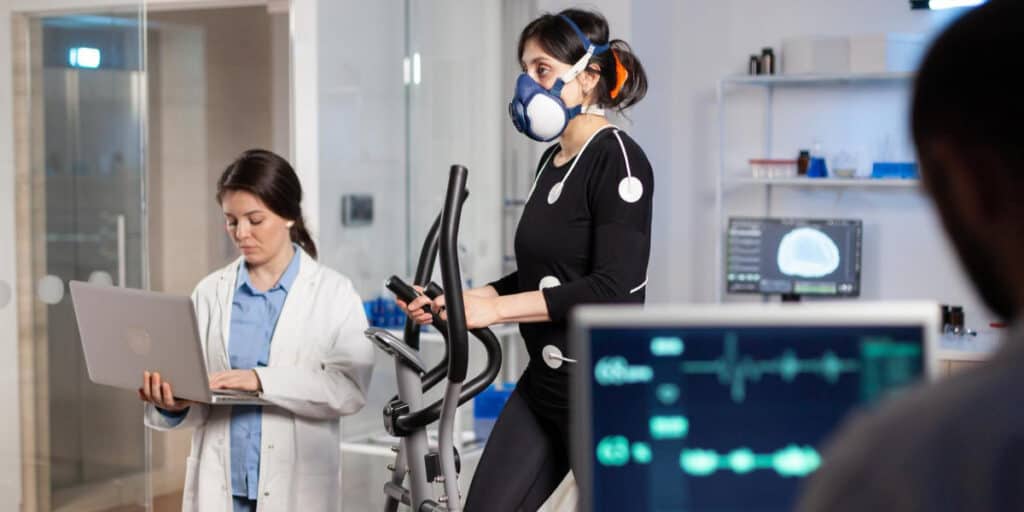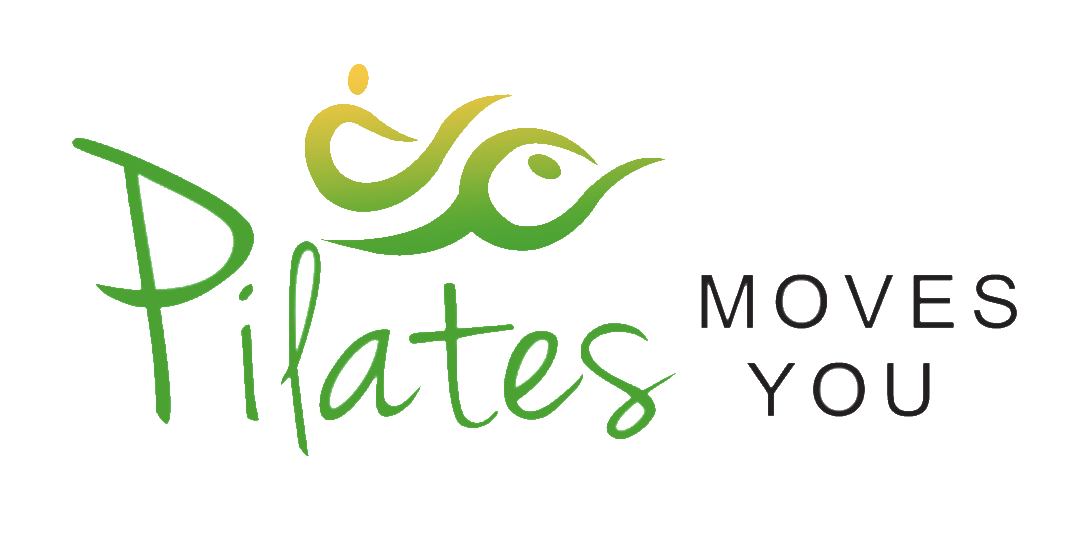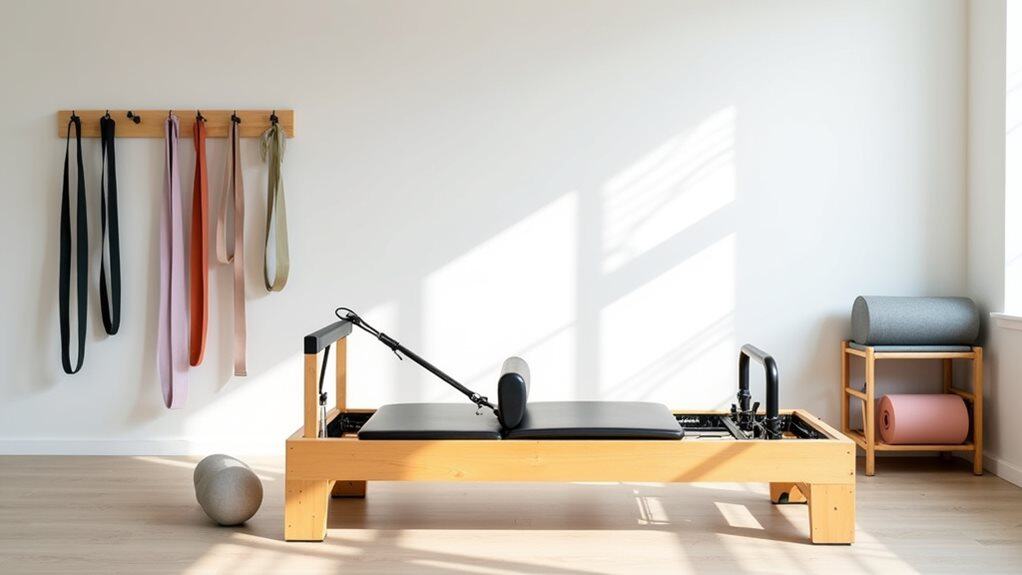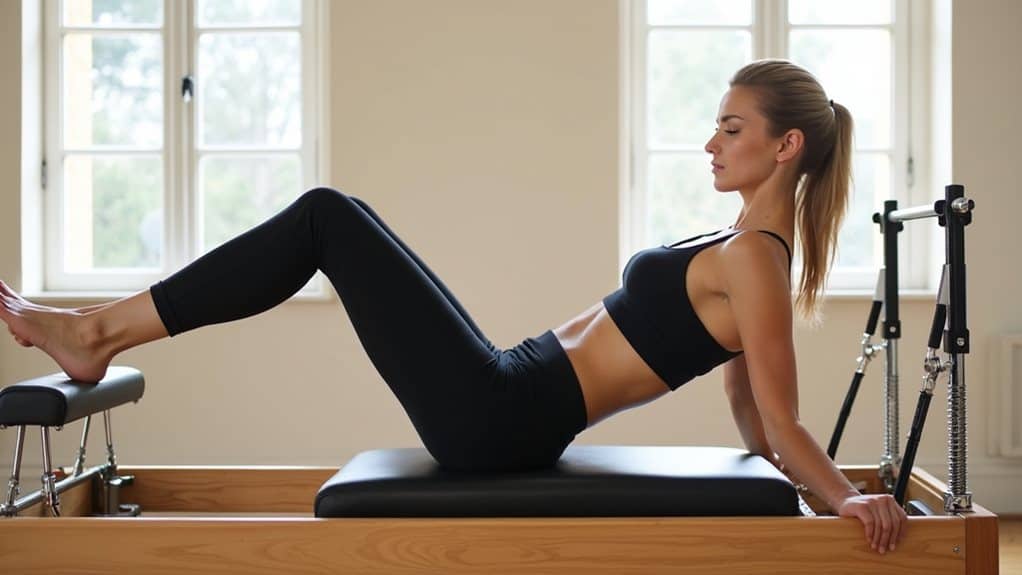Pilates is a strenuous activity, and sometimes finding enough energy for a workout is challenging. So, is it worth taking a pre-workout before Pilates if you’re low on energy?
You should take a pre-workout before Pilates if you need additional energy for the workout. A pre-workout contains readily digestible supplements that boost focus, performance, and recovery. Taking a pre-workout within an hour before beginning Pilates gives the best result.
While individual pre-workouts vary, they’re all designed to boost exercise performance and energy. Read more to learn what a pre-workout is, the benefits and drawbacks, and the best options for your Pilates journey.
How Pre-Workout Impacts Your Pilates Performance
If you’ve ever had a caffeine drink before a Pilates session to give yourself a boost, you’ve taken a form of pre-workout. A pre-workout is any combination of supplements meant to boost performance and energy levels when taken before an exercise session.
Pre-workout contains a variety of ingredients that help boost your performance.
The main ingredient in all pre-workouts is caffeine, one of the oldest and most popular performance aids. What sets pre-workouts apart is their addition of other supplements that contribute to a more potent performance.
Different pre-workouts vary, and the list of ingredients on some can be intimidating. However, almost all variants include the following supplements:
- Creatine Phosphate: Creatine replenishes ATP in our cells, allowing our muscles to work longer under higher intensity conditions.
- Sugars: A little glucose goes a long way to ensure your muscles have enough nutrients to stay active.
- Branched Chain Amino Acids: BCAAs are essential proteins that promote muscle protein synthesis (MPS) during a workout’s recovery phase.
- Beta-Alanine: During exercise, lactic acid build-up lowers the pH of the blood, limiting performance. Beta-alanine buffers this drop, allowing more extended performance for mid-intensity exercise.
The purpose of having all of these supplements in one place is to simultaneously give you energy for Pilates, allow you to perform longer, and promote post-workout recovery. However, too much can do as much to limit performance, and you should start taking any pre-workout with caution.
Pre-workouts are stimulants. They raise heart rate and can create the feeling of “jitters.” While they are supplements, they should not replace meals, be taken at the end of a workout, or be consumed before bed.
Additionally, a side effect of beta-alanine is that it makes nerve endings on your skin extremely sensitive. This effect, known as temporary paresthesia, varies between individuals but generally ranges from tingles to extreme itchiness.
To aid digestion, pre-workouts come in pills or a powder form that mixes with water and takes about 20-30 minutes to metabolize. When taking a pre-workout, start with half doses and work your way up as you get used to the effects.
What Are the Benefits of a Pre-Workout Before Pilates?
All pre-workouts claim to boost exercise performance. But how exactly do they accomplish this when we take them? Further, what does science say about the benefits of taking pre-workouts?
Pre-workouts contain an ample amount of caffeine to boost focus during exercise. A review of research on the effects of caffeine found that it also:
- Increased mental clarity and alertness
- Enhanced physical endurance
- Lessened fatigue
- Improved mood
Because Pilates is a low-to-mid intensity exercise requiring endurance, caffeine’s benefits can have a remarkable effect.
However, the additional ingredients in pre-workout can boost performance more than caffeine alone.
Pre-Workouts Increase VO2 Max
Our bodies use oxygen to burn fat and carbs at lower intensities when we work out. When we become fatigued or do higher-intensity work, we use anaerobic respiration to utilize ATP without oxygen.
Oxygen delivery is the most vital factor to exercise performance because it determines how long and intense we can exercise.
In a study by Smith et al., individuals performed high-intensity interval training (HIIT) sessions with and without a pre-workout. Individuals who performed HIIT alone saw increases in anaerobic performance, while those who took pre-workout significantly increased V02 max.

V02 max measures the body’s ability to absorb oxygen and is the gold standard for determining cardio performance during exercise. Increases in V02 max can directly influence the ability to do Pilates more effortlessly and with more endurance.
Pre-Workouts Aid Recovery
Another benefit of pre-workout is the addition of BCAAs to promote recovery. While other ingredients claim to aid post-workout recovery, the evidence supporting their efficacy is limited. BCAAs are essential amino acids that signal muscle protein synthesis.
When we exercise, we create small microtears in our muscles that heal within a few days of a session. We heal through the process of muscle protein synthesis (MPS), which activates as we metabolize protein. BCAA are specific amino acids that activate MPS in our muscles, promoting recovery without requiring a complete protein meal.
To evaluate the effects of BCAAs on MPS, the University of Pavia studied the effects of BCAAs on exercise performance and recovery. They found that BCAAs alone didn’t impact performance but greatly impacted recovery.
To learn more about taking protein after a Pilates workout, check out Should You Drink Protein Right After Pilates?
Because pre-workouts contain BCAAs along with performance-enhancing ingredients, it’s safe to say that they offer the best of both worlds. For Pilates, pre-workouts provide a reliable way to increase energy levels, perform longer, and recover better.
However, despite pre-workout benefits, it’s not a magic bullet supplement, and there are drawbacks to consider.
What Are the Potential Drawbacks of Taking a Pre-Workout?
With any supplement, too much of anything is potentially harmful to our bodies. The same goes for pre-workouts. However, because there are so many ingredients, and many of these aren’t regulated, moderation is imperative.
For any supplement, especially a pre-workout, consult a physician beforehand if you’re concerned about the risks or have any pre-existing health conditions.
Pre-Workouts Contain a Lot of Caffeine
Not only do pre-workouts have a long list of ingredients, but they also have serious amounts of caffeine. While individual brands vary, most contain the same caffeine as 2-4 cups of coffee.

While a moderate amount of caffeine can be helpful, too much caffeine can quickly lead to:
- Headaches
- Anxiety
- Stomach cramps
- Jitters
- Trips to the bathroom
Additionally, other ingredients, mainly beta-alanine, can create the sensation of “pins and needles,” which may be uncomfortable for some individuals. If you’re worried about taking too much of a pre-workout, start with half doses and work your way up.
Most Pre-Workouts Aren’t Regulated
Unfortunately, the rate of new supplements coming onto the market far outpaces the government’s ability to regulate their efficacy. In many cases, it’s possible to market and sell a supplement with little testing on its ingredients.
This obscurity makes finding the right supplements difficult. Fortunately, there are independent labs that test the most popular supplements for consumer use.
Choosing the Right Pre-Workout for Pilates
Because Pilates is a mid-intensity exercise that requires some core strength and endurance, most individuals can benefit from using a pre-workout. However, with all the pre-workout options available today, finding the right supplement for Pilates may be time-consuming.
My suggestion is to go for quality over price. Find a pre-workout with independent lab testing that verifies it contains what it says on the label. Many brands will make claims, but few can back them up.
To discover the quality of any supplement, I use Labdoor. For example, the Labdoor page for pre-workouts lists the top-performing pre-workouts in terms of their quality. Clicking on any option will bring up critical data about the supplement and specific serving sizes of main ingredients.
Conclusion
Pilates is a fun and engaging activity for everyone. However, sometimes we lack the energy required for an intense workout.
If you need an energy boost and want to improve your Pilates performance, a pre-workout is a great way to do both. Additionally, it can help with the recovery phase, making you stronger than before.
However, too much pre-workout can do as much to limit performance as help it, so moderation is crucial.
Sources
- WebMD: Pre-Workout Supplements: How It Can Benefit Your Overall Well Being
- NCBI: Mechanisms of Itch Evoked by β-Alanine
- Journal of Sports Nutrition: The effects of a pre-workout supplement containing caffeine, creatine, and amino acids during three weeks of high-intensity exercise on aerobic and anaerobic performance
- Healthline: VO₂ Max: Definition, How It’s Measured, How to Improve
- Frontiers: Branched-Chain Amino Acid Ingestion Stimulates Muscle Myofibrillar Protein Synthesis following Resistance Exercise in Humans
- Europe PMC: Branched-chain amino acid supplementation does not enhance athletic performance but affects muscle recovery and the immune system
- Pilates Moves You: Should You Drink Protein Right After Pilates?
- Labdoor: Top 10 Pre-Workout Supplements
- Lily Nichols RDN: What to Eat Before Pilates
- Performance Lab: Should You Take a Pre-Workout Before Cardio?
- Wiley Online Library: The impact of caffeine on mood, cognitive function, performance, and hydration: a review of benefits and risks
- Taylor & Francis Online: Full article: Multi-ingredient pre-workout supplements, safety implications, and performance outcomes: a brief review
- BioMed Central: Effects of two pre-workout supplements on concentric and eccentric force production during lower body resistance exercise
- MDPI: Effects of Pre-Workout Supplements on Power Maintenance in Lower Body and Upper Body Tasks




